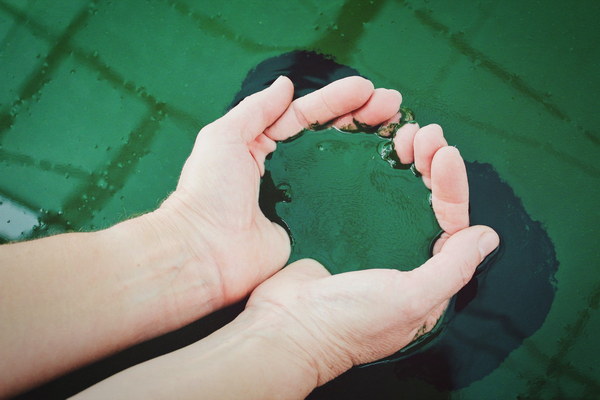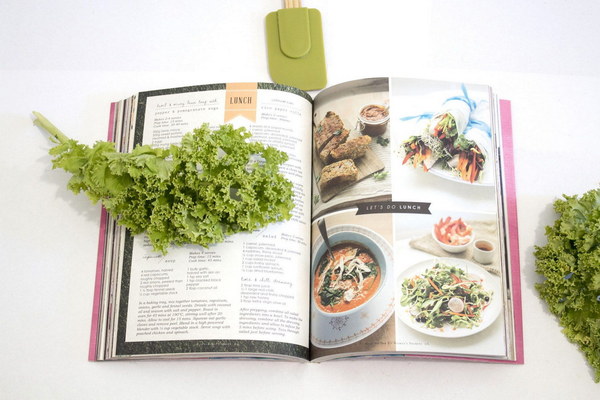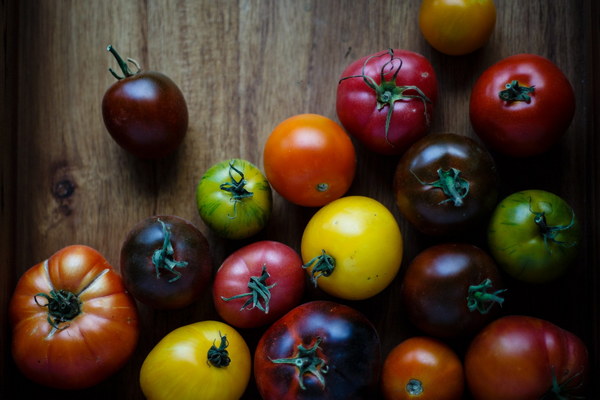Unlocking Health Traditional Chinese Medicine's Approach to Women's Moisture Removal
In the realm of traditional Chinese medicine (TCM), the concept of dampness plays a crucial role in understanding and treating various health conditions. For women, dampness can manifest in a variety of ways, from weight gain and fatigue to menstrual irregularities and reproductive issues. This article delves into the world of TCM and explores the significance of dampness in women's health, as well as the remedies and practices aimed at removing moisture and restoring balance.
Dampness in TCM is characterized by a buildup of excess fluid in the body, which can lead to a range of symptoms. For women, this can include water retention, bloating, heavy periods, and a general sense of discomfort. The root cause of dampness often lies in poor diet, lack of exercise, and an imbalance in the body's internal environment.
To combat dampness, TCM practitioners focus on several key strategies:
1. Diet: A balanced diet is essential in reducing dampness. Foods that are believed to exacerbate dampness, such as cold, raw, and sugary foods, should be avoided. Instead, a diet rich in warm, cooked foods, such as soups and stews, can help eliminate dampness. Specific herbs and spices, such as ginger, turmeric, and cinnamon, are also recommended for their warming properties.

2. Acupuncture: This ancient practice involves inserting fine needles into specific points on the body to stimulate the flow of Qi (vital energy). Acupuncture can help balance the body's internal environment, reducing dampness and its associated symptoms. Additionally, herbal medicine can be used in conjunction with acupuncture to further support the body's healing process.
3. Herbs: TCM utilizes a wide array of herbs to address dampness. Some of the most commonly used herbs include:
- Astragalus (huang qi): Known for its immune-boosting properties, astragalus helps to strengthen the body's defense against dampness.
- Poria (fu ling): This herb has diuretic properties and can help to eliminate excess fluid from the body.
- Cinnamon (rou gui): Cinnamon warms the body and promotes blood circulation, making it an excellent herb for dampness.
- White atractylodes (bai zhu): This herb helps to dry dampness and improve digestion.
4. Exercise: Regular physical activity is crucial in maintaining a healthy body and reducing dampness. Exercise helps to increase circulation, improve digestion, and eliminate excess moisture from the body. Activities such as walking, yoga, and tai chi are particularly beneficial for women with dampness.
5. Lifestyle adjustments: In addition to diet, exercise, and herbal remedies, making certain lifestyle adjustments can help reduce dampness. These include:
- Adequate sleep: Ensuring enough rest can help the body recover from stress and maintain a balanced internal environment.
- Stress management: Stress can lead to an imbalance in the body's internal systems, contributing to dampness. Techniques such as meditation, deep breathing exercises, and mindfulness can help manage stress levels.
- Avoiding exposure to cold and damp environments: Cold and damp weather can exacerbate dampness. Dress warmly and stay dry to minimize exposure.
In conclusion, traditional Chinese medicine offers a holistic approach to treating dampness in women. By focusing on diet, exercise, and herbal remedies, TCM practitioners can help eliminate dampness and restore balance to the body. While it may take time and dedication to see results, the benefits of TCM in addressing dampness are well worth the effort. So, why not take a step towards better health and well-being by exploring the world of TCM?









